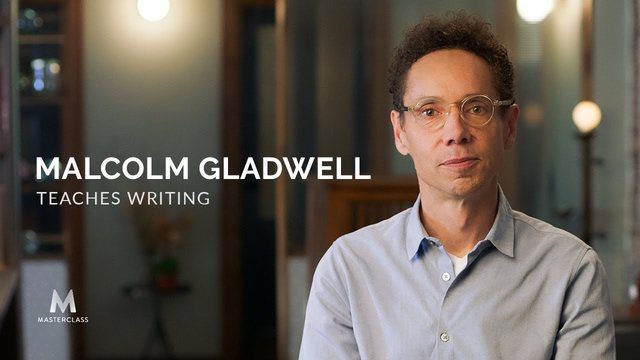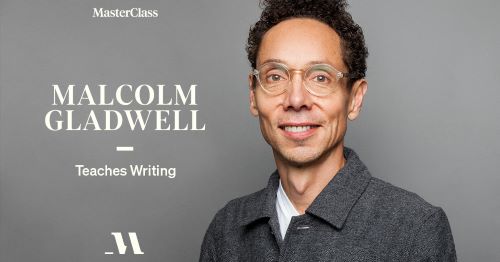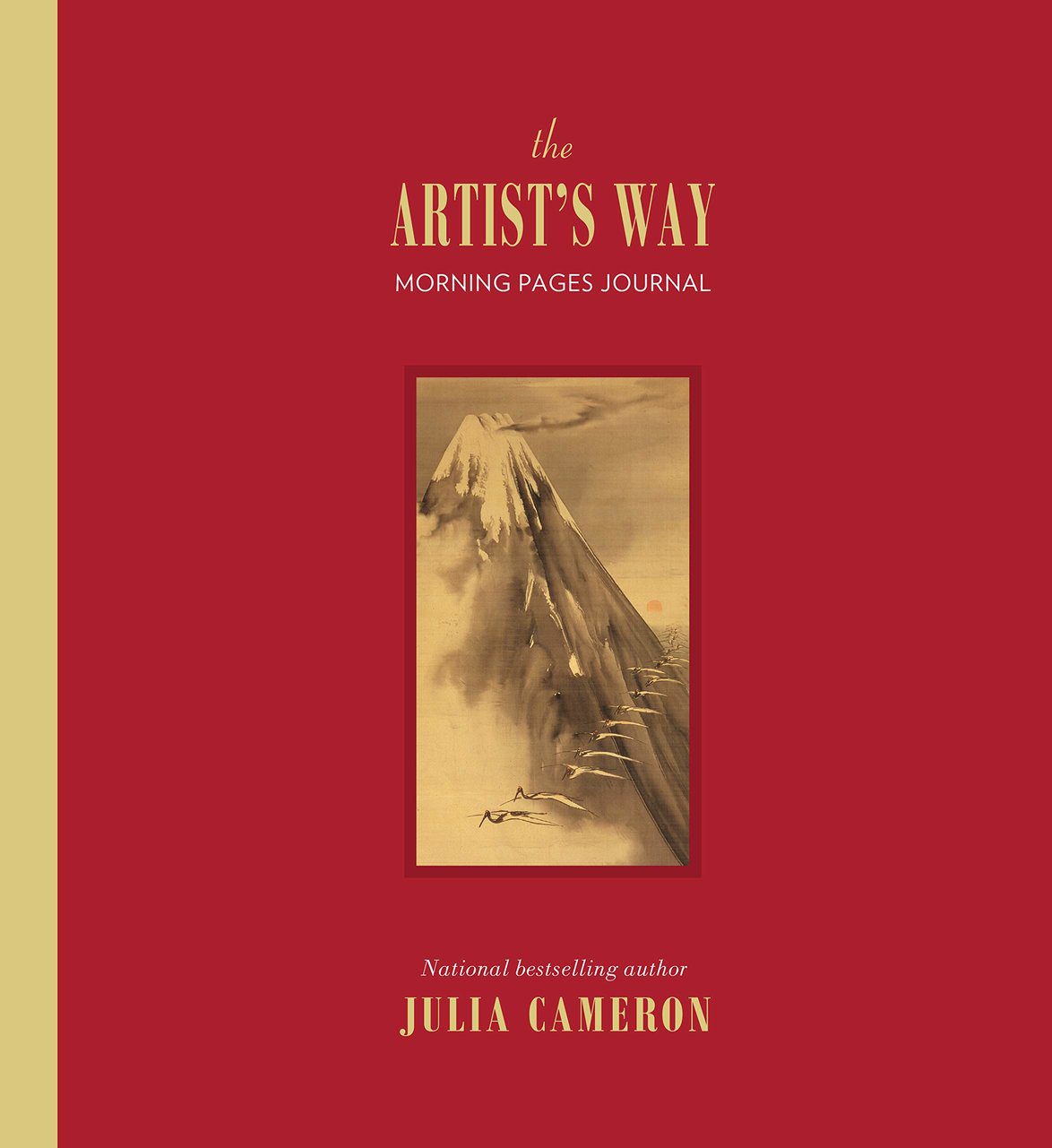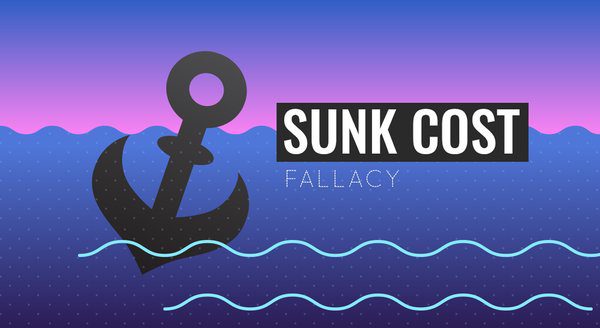When you’re starting out as a writer, it’s not useful to dwell on your shortcomings.—Malcolm Gladwell
Malcolm Gladwell is one of my favorite non-fiction writers, his book Outliers: The Story of Success had a significant impact on me as regards the 10,000 hours rule in particular. Since I read the book, I have been obsessed with becoming the hardest worker in the room.
Malcolm Gladwell is a staff writer at the New Yorker, where he has worked since 1996. He is the author of five nonfiction books on sociology, psychology, social psychology: The Tipping Point: How Little Things Make a Big Difference (2000), Blink: The Power of Thinking Without Thinking (2005), Outliers: The Story of Success (2008), What the Dog Saw: And Other Adventures (2009), David and Goliath (2015) and Talking To Strangers: What We Should Know about the People We Don’t Know (2019). All of his books have been New York Times bestsellers.
The Tipping Point has been named one of the best books of the decade by the A.V. Club and by the Guardian. In 2005, Time magazine named Gladwell one of the 100 most influential people in the world. David Leonhardt, in the New York Times Book Review, wrote that “Malcolm Gladwell is as close to a singular talent as exists today.” In a review of Gladwell’s popular podcast, Revisionist History.
The News & Observer wrote, “If there’s such a thing as a storytelling gene, Gladwell has some super-evolved DNA mutation. He might be the best storyteller on the planet.”
Here are my favourite takeaways from watching
Structuring Narrative: The Imperfect Puzzle The best kinds of arguments are the ones that are imperfect, because the perfect argument is too obvious. When you listen to people talk about things they like, it’s often objects of art that have been done well but not without flaws. Those flaws leave an aftertaste with the reader—and that’s what you want The question that should drive your writing is always: What is interesting? What do you find interesting as a writer, and what do the people around you find interesting? Just because you set out to accomplish one thing with a story doesn’t mean that you necessarily have to make that thing happen. Diversions and problems that can’t be solved frequently come up. And sometimes, their interesting qualities override the original idea. Holding Readers: Controlling Information The best thing about telling someone a story is their reaction to it. As a writer, your job is to get people to keep moving through your story. To do that, it’s important to maintain your own sense of interest. The more opportunities you present for your readers to react within your story, the better. There are lots of tools to accomplish this: Set their expectations, then subvert them. You can also invite them in through your character development. Your reader will respond to the quirks and flaws of your subjects, and the more engaged they are with the reading process, the more memorable what you’ve written about will become. With suspense, you’re playing with your readers’ expectations of time. They know information is coming, they just don’t know when. Surprise is where you tell your reader something and the reader had no idea it was coming. Both tacks can be fun and effective. Selecting the Story When you set out to write your piece, it can be easy to assume writing in the first person is the easiest way to take on a story. That’s wrong. Writing in the first person is actually harder because your reader’s expectations are much higher. The next problem with first-person narratives is that you’re engaging in a self-indulgent act. You’re turning your gaze inward, which raises readers’ suspicions. They’ll ask themselves, “Who is this person who thinks they’re so interesting?” If you don’t have a good answer to that question, change course. Observation is an art, and learning to observe well is crucial to telling a good and complete story. Developing the Story When Malcolm is thinking about an idea, he’ll tell it to several different people. Each time he tells it, he looks to see if the person he’s talking to finds it interesting or not. He pays attention to when they change the subject, jump in to add their thoughts, ask a question, or look bored. That’s incredibly useful information for Malcolm. These conversations are stand-ins for what the experience of reading the story will be once it’s published. Interviewing Good interviews are about finding the right series of questions and prompts to draw out the strongest and best qualities in a person. The object of your interview isn’t to trap your subject or get them to say something they shouldn’t. It’s to wholly understand who they are. Your job isn’t to supply the idea. Your job is to listen for ideas and appreciate the way your interviewee is articulating their own thoughts. It’s about alerting people to those parts of their lives that may seem banal to them but in fact are not. As you interview, start writing your story. Just small pieces of it featuring this interview subject. Writing their piece when your conversation with them is fresh will help you stay organized and prevent you from forgetting details that add brightness and depth to your piece. Structuring Language Malcolm alternates his use of short sentences and longer sentences depending on the nature of the story and the subject. He manages the rhythm of his writing with careful punctuation. Not sure where to drop a comma or a period? Read your writing out loud. The same principles of public speaking apply to writing, too. The way your audience responds to you when you’re speaking tells you everything you need to know about how they’ll respond to the pacing and rhythm of your story when it’s written down. When writing is read out loud, it takes on a new dimension. You literally hear its musicality. You can hear when you need to pause, when a pause is awkward, and when you need to speed up. Titles You have to spend as much time thinking about titles as you do about content.—Malcolm Gladwell The most powerful titles have an emotional connotation. Think of Ralph Nader’s Unsafe at Any Speed. The contradiction in this title— we’re not safe even at the slowest speed?—is attention-grabbing. When you see two words in combination that aren’t supposed to be together, some part of you reacts. Aim for words that have emotional weight. Your title is an ad for your book. You have a split second to grab the attention of your reader. Make it count. Drafts and Revisions The most important thing you can do as a writer is set realistic expectations. Avoid that crushing feeling of failure by setting the bar a little lower. You can’t write a lot in one day. It’s demanding creative work. It’s strenuous. Malcolm says he mulls something over in his head for 10 times longer than it ever takes him to write it all down. One mistake writers make is they spend a lot of time thinking about how to start their stories and not a lot of time thinking about how to end them. That makes sense because the beginning is harder than the end. But you’ll find that it can be enormously clarifying to establish the ending and work backward. If you have a powerful moment, you never want it to dissipate. Don’t waste it. Make it your ending. Keep revisiting your work and your ideas. Consider everything you do as a work in progress. Be open to changing your mind. Working as a Writer If you’re consistently writing interesting material, an audience— and likely an editor—will find you. There are lots of platforms to showcase your identity as a writer. Twitter, personal blogs, and even publications that don’t pay anything are great places to start to build your audience if you’re just starting out. The more you write, and the more topics you write about, the stronger you’ll be as a writer. You’ll always do better work when you’re familiar with the thing you’re writing about. And as you write more, you’ll know more about more things. This is the value of experience. Recommended Tools MasterClass is a streaming platform that makes it possible for anyone to learn from the very best. MasterClass is an online membership – accessible on your phone, web, Apple TV, Roku devices, and Amazon Fire TV – that offers classes on a wide variety of topics taught by 85+ world-class masters at the top of their fields. Their immersive learning experiences combine incredible video content, downloadable materials, and social interaction with the MasterClass community, all of which users can explore at their own pace. The annual membership is available for $180 USD, which allows unlimited access to ALL on demand MasterClass content for the year Malcolm Gladwell Teaches Writing Give One Annual Membership. Get One Free. All the best in your quest to get better. Don’t Settle: Live with Passion. For More Information: MasterClass Home Page
Look to the resources where you’ve found all of your other good ideas. People who are interesting are very likely to be connected to lots of other people who are also interesting. Use that principle of connectedness to find more great ideas.




1 Comment
Pingback: Lessons Learned from N. K. Jemisin’s Masterclass Session on Fantasy and Science Fiction Writing. – Lanre Dahunsi